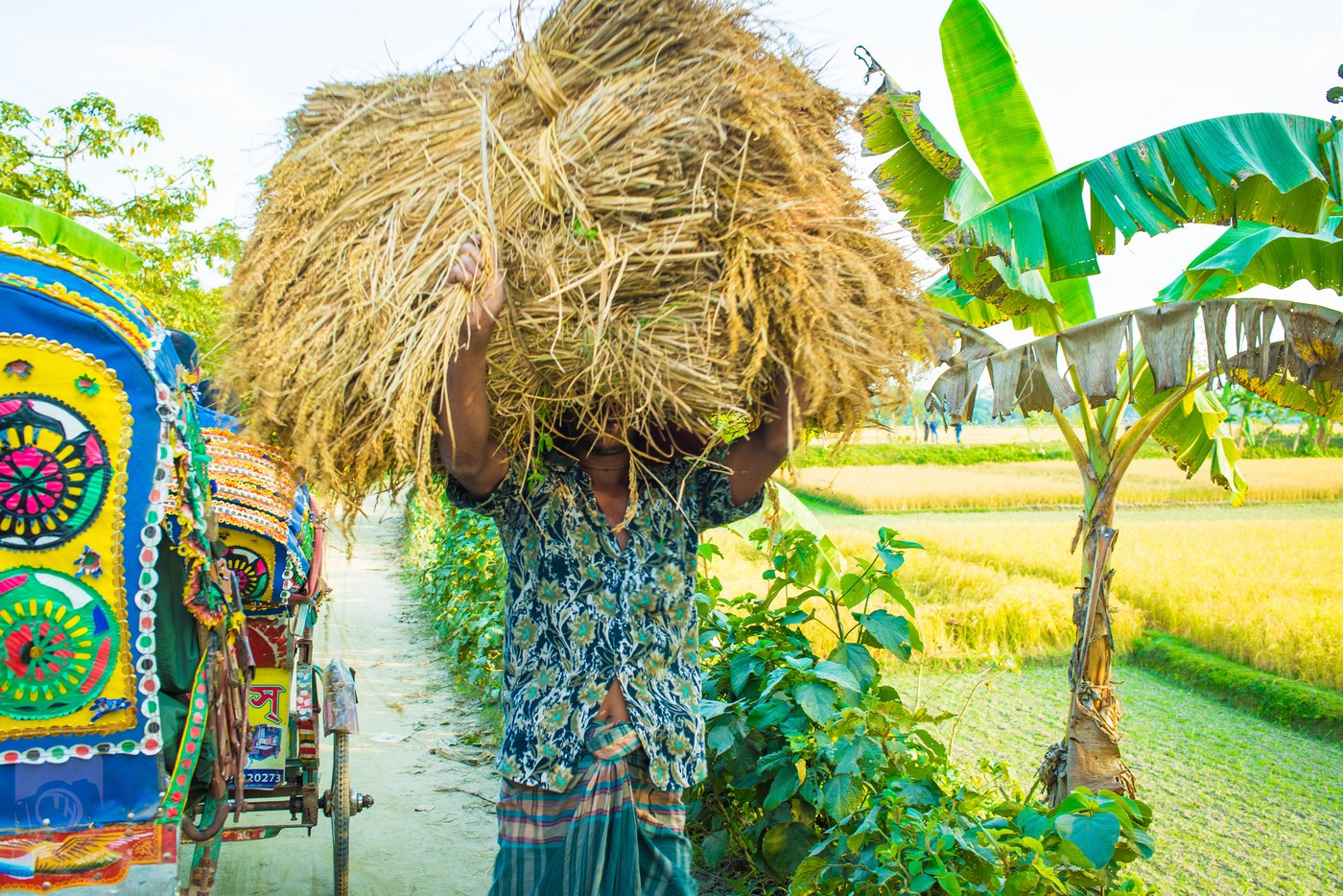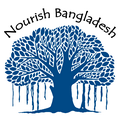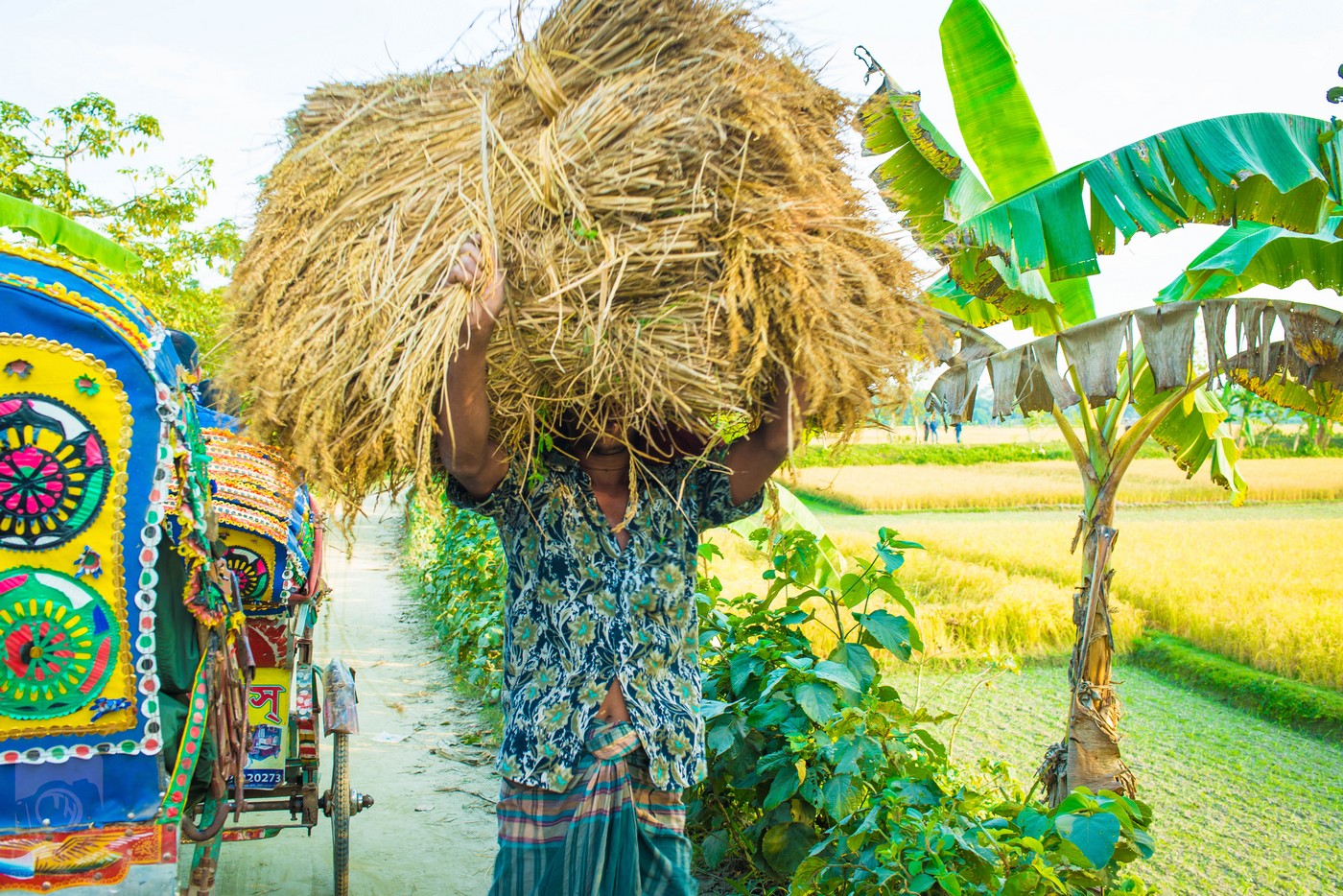What We Do

Our primary mission is to support the economically disadvantaged in Bangladesh.
We are not an NGO doing work in Bangladesh ourselves. But we are familiar with those who do, and we have done the research so that you don’t have to. We then help you to direct your contributions to the right place.
Our main questions when identifying organizations worthy of our fundraising efforts are: How much of your donation actually gets used on the ground? How do they spend it, and what is their local reach? Do they support under-privileged groups? We understand that all groups have their strengths and weaknesses. Based on our preliminary research, we have concluded that given our objective to fight hunger amidst the Covid-19 pandemic, bigger NGOs tend to be low risk, low pay-off options while the smaller NGOs and grassroots volunteer groups tend to be higher risk but higher pay-off options. Thus, after vetting each organization, we intend to split your donations between the different NGOs and grassroots volunteer groups.
We will follow up to check whether they spent our contributions the way they had promised to. And in case they fail to deliver, we stop offering further help until they rectify their shortcomings. We also disburse your donations gradually over a period of four months to ensure that grassroots volunteer groups do not have to deal with lump sums from us, as a way to alleviate the issue of what practitioners in the field call “donor fatigue.”
A second service we are offering relates to avenues for tax-deductible donations towards charity in Bangladesh and clarifying what this means on both ends. We recognize that being able to obtain tax deductions is important for many of our donors. So we have done the relevant research, and identified those NGOs that can offer tax deductions for your charitable contributions.
Most grassroots volunteer groups in Bangladesh, as well as a number of NGOs, are unable to offer tax deductions since they do not have a registered 501(c)(3) status in the US. However, these groups are doing a lot of good work, often more effectively and reaching populations that other NGOs might miss.
We therefore strongly feel against excluding groups that do not have 501(c)(3) status, and have opted to provide both option to our donors, to direct your contributions to organizations registered in the US as well as those that are not.
WHY VET?
We know that donors often find it difficult to decide who to trust with their donations, especially when sending money to a country far away and with well-documented cases of widespread corruption and fraud. Donating to established NGOs may not always be ideal, given the large overhead costs these institutions may incur. In other words, donors rightly worry that a significant fraction (upwards of 30% even) of their donation may never reach the benefactors.
On the other hand, trusting grassroots volunteer groups can be difficult without verifiable accounts of their activities on the ground, since they are not registered institutions (e.g. a registered NGO) and do not have a significant footprint on the web or other media. Although bred from good intentions, some inexperienced volunteer initiatives may also have a difficult time optimizing how much to spend on food relief for each household and what to include in the relief.
There are real trade-offs here, as spending more than the optimal amounts of funds to help one household can come at the expense of less funds available for other households, something that is very important to keep in mind when funds are limited as is the case in Bangladesh. Then there is also the question of targeted relief: are the recipients geographically distributed to areas that have the highest needs, or is it simply based on regions that the institution has prior experience with?


